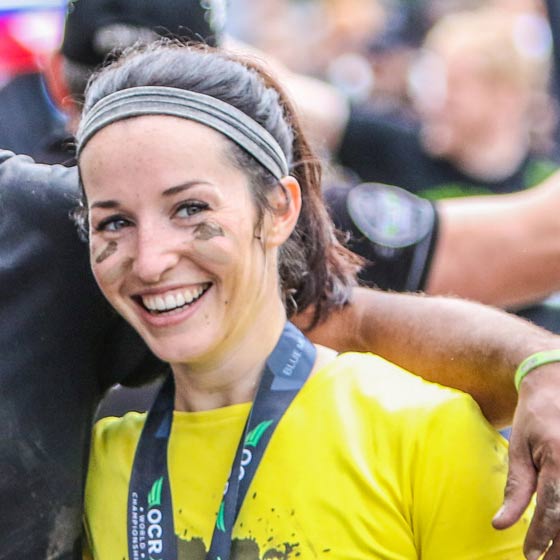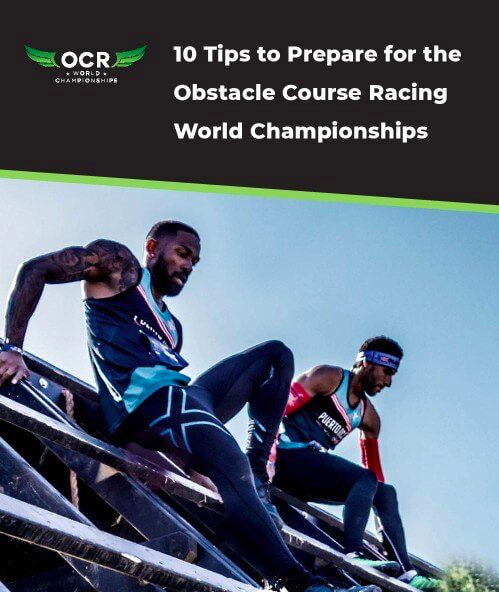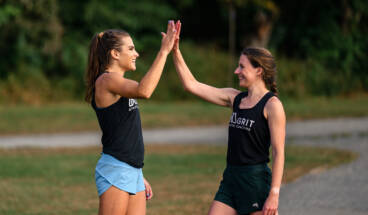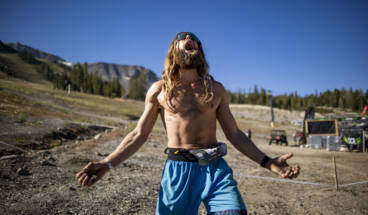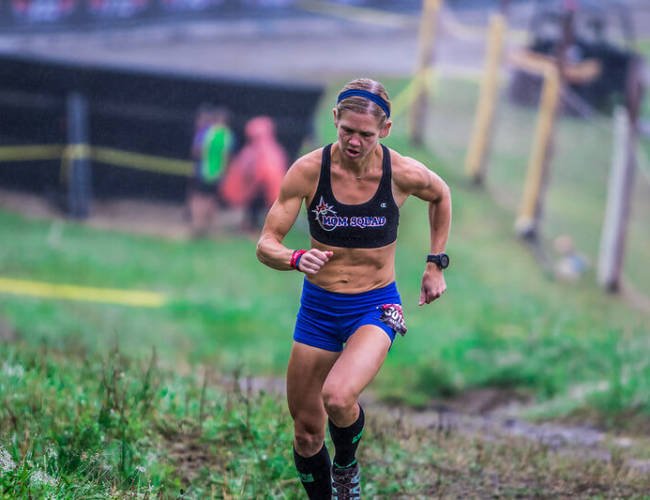
4 Reasons Why OCR Athletes Should Use A Running Coach
Running. It’s as natural as walking. It’s something the majority of us learned to do as children without even a second thought. As adults, many of us continued running, or even picked it back up as a cheap, easy, and accessible way to keep fit.
Few sports in the world are so easy to get into, perform, and are as low cost as running. And when the PRs start rolling in, it’s incredibly rewarding. But, as anyone who has run for more than a few months consistently can tell you, it’s not as simple as it seems.
Running is an essential part of obstacle course racing, and to perform at your best, whether as an OCR Pro, age group racer, or open athlete we should be taking our running training seriously.
With many sports, from weight-lifting to gymnastics, we wouldn’t dream of taking them up without the input of a coach. With running many of us go full throttle into training, with no plan for improvement, or clue about what we are hoping to achieve.
This begs the question, is a running coach necessary for OCR athletes?
Martin Perrier, ultra runner and life coach offers his input.
“Is working with a running coach necessary to improve your running? No, it’s not, you can improve a lot on your own if you put in the right time and effort. But will working with a coach allow you to improve faster and further? Yes, Without a doubt.”
So why do OCR athletes use running coaches, and how can one help you?
1. Motivate & establish goals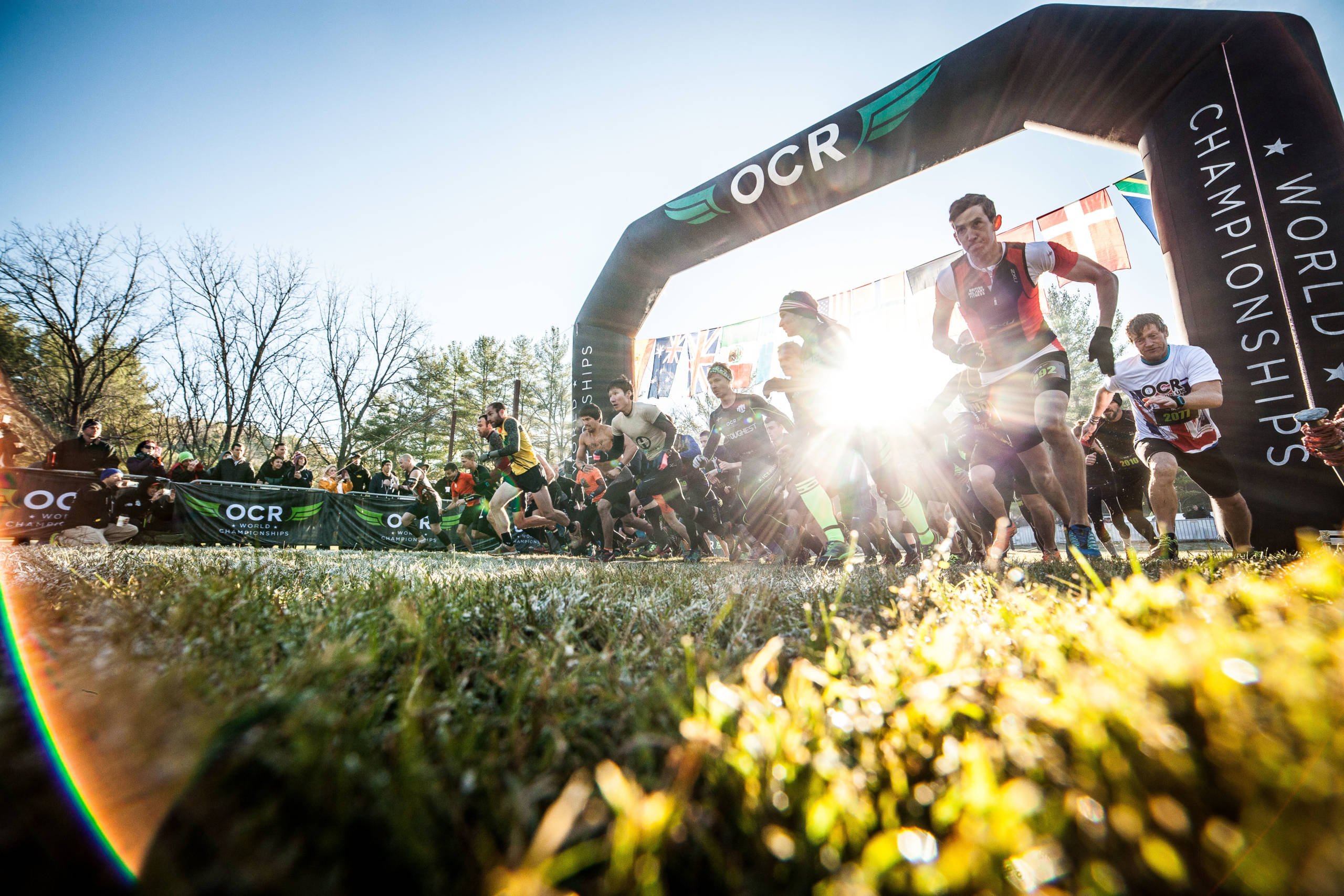
A coach can’t run for you but they can make sure you do. We all know the benefit of an accountability buddy when training; a coach takes this up a notch.
Andrea Berquez, is a running coach, UK Elite OCR female, and Spartan Pro. She starts by asking her athletes what they want to achieve.
“Normally my first question will be ‘why do you want to run?’, and we work from there,” she says. “To improve it’s always good to understand why it means so much, and what each individual would like to achieve and why…. even for those who dislike running.”
Having a goal to work towards is a key point to establishing motivation. It doesn’t have to be to come first or to podium, it could be to finish a race or improve your time. Training well isn’t all about being the best, it’s about being your best.
2. Avoid injury & learn proper technique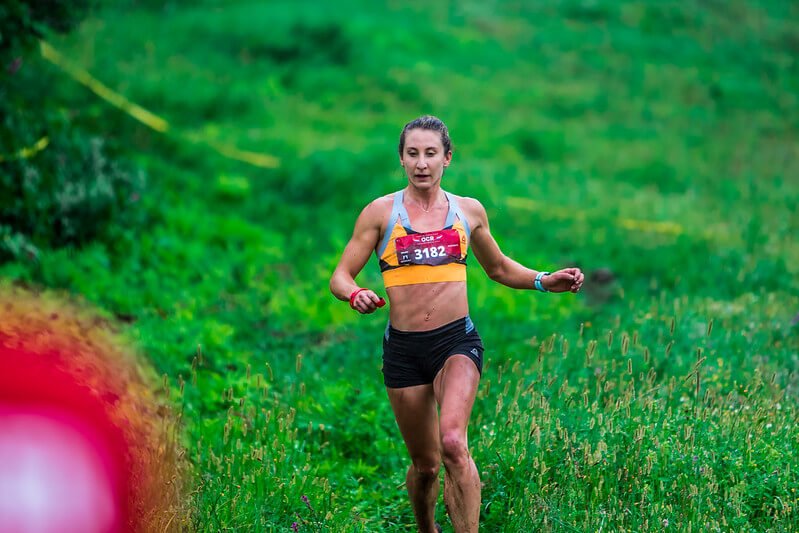
How many of us have worked towards our running, started to get into the groove, and then suddenly found ourselves laid up with shin splints, knee pain, or IT band issues? Injury is one of the most common factors in slowing down our progression, and when you understand the mechanics of running, it makes sense why.
While a coach is a great help in motivating you to train, he or she will also recommend the correct amount of training, establishing the accurate volume to avoid injury while also achieving progress.
Improving your running is not just about going further, or faster, it’s about becoming more efficient and using your body correctly.
“It’s important to start from scratch, check gait analysis and movement biomechanics, put together a strength and mobility program based on the outcome, work on perfecting form and then start work on a running program,” Berquez says. “Running is hard on the body and I believe it’s important to work on a strong base before looking at PB’s or running further.”
Improving your form yourself is almost impossible, and many of us fall into bad habits without noticing, or don’t even know what good habits are. Achieving correct form is one of the greatest assets towards successful running, and this is something a running coach can assist with.
3. Improve performance
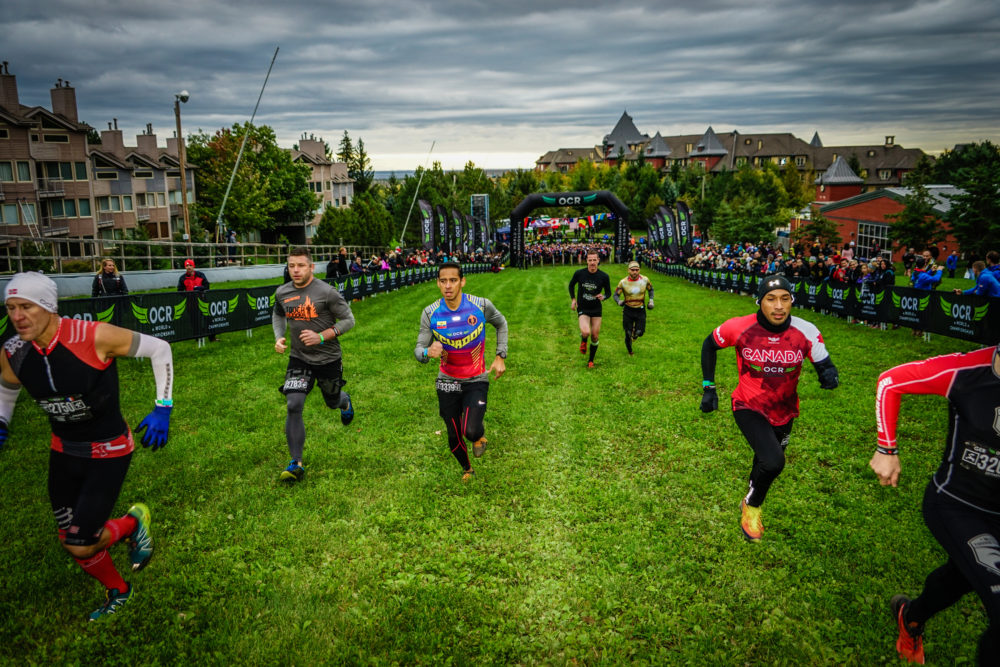
Once you have established your goals, and your form has been analyzed and worked on, it’s time to start improving performance. Many of us have seen great advances in our running by using pre-written programs such as couch-to-5K. While these programs are good for the beginner, running is not a one-size-fits-all situation.
The internet can offer a huge amount of advice, but ultimately an expert in their field will help you unlock your greatest potential. A coach is there for you, so if you need guidance but still want your freedom, your coach is there to help you achieve that.
“Your coach can either be your GPS or your co-pilot,” Perrier says. “The former will give a detailed breakdown of every single step you will have to take on the way. The latter will help you understand the route and design your favorite way to get there, so you can ride it again on your own in the future. Specifically, that would be the difference between a full-blown daily training plan down to the minute, and a more holistic approach, constantly changing and adapting to your current form.”
Once you have unlocked your personal strategy to make your training work for you, then the fun happens and the improvements start appearing.
4. Rehab & Strength
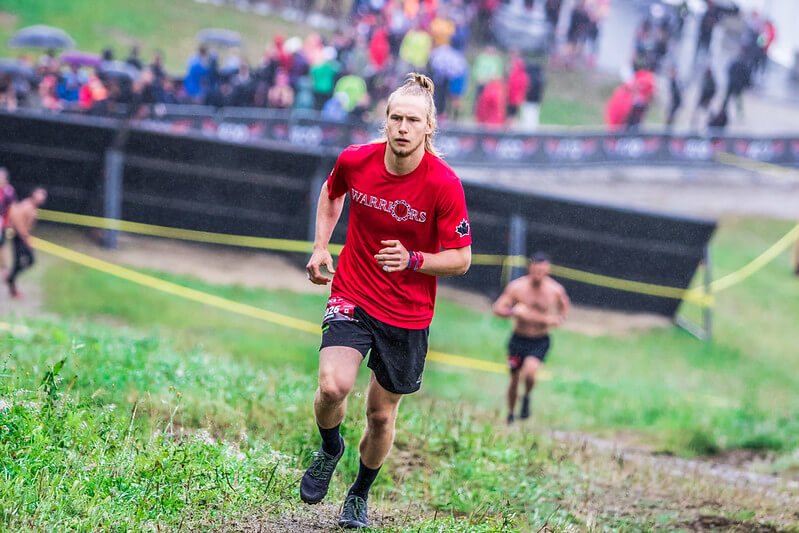
Did you know there is more to running than lacing up your shoes and pounding the streets? If your training consists only of running, of knocking out similar distances, on similar routes, at similar speeds each time, you are either going to run into problems pretty quickly or fail to improve, or possibly both.
There is so much more to progressing as a runner than putting one foot in front of the other. A coach will firstly help you identify and resolve any niggles or small injuries you have, finding the root such as a strength imbalance or incorrect form. From here they can assist you in the correct rehabilitation.
A coach is a specialist in the subject, having learned the mechanics of the body and being able to advise on correct training drills, day to day exercises to improve core strength and mobility, like any coach in any sport, they know the subject deeper and better than the average runner.
So is a running coach necessary for OCR? Not at all. We can all get out there and run and enjoy ourselves, but if we want longevity and to perform at our best, soliciting advice from a specialist can only help us improve and receive more joy from this fantastic sport.
